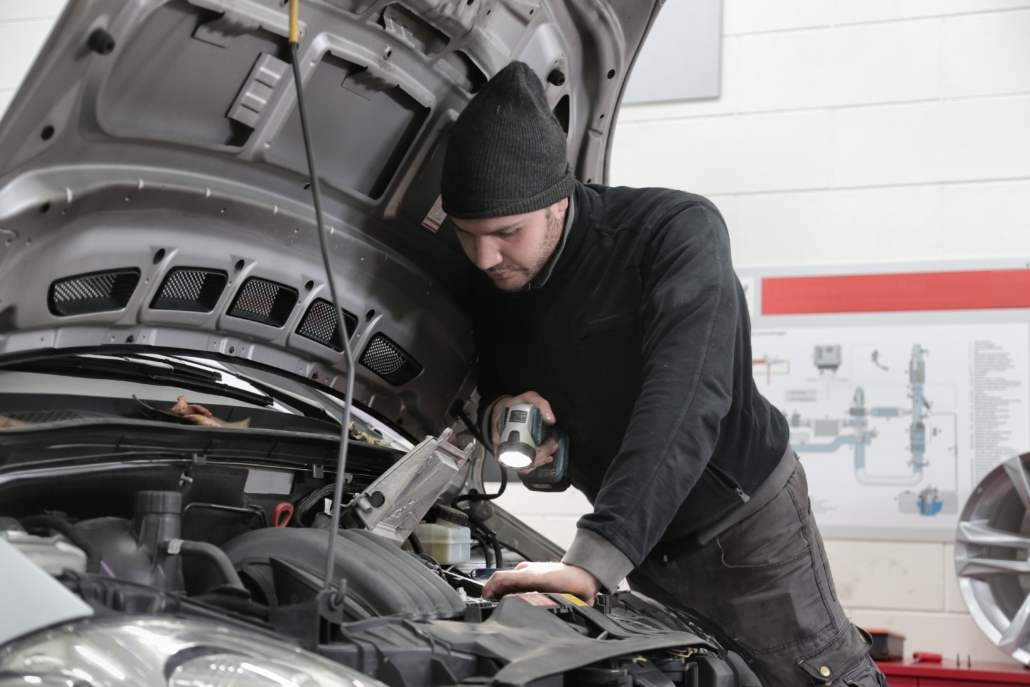
Find out why wheel alignments are critical for your car’s safety and performance with expert insights from Jersey Village Automotive. Learn how to spot the signs of misaligned wheels, the benefits of proper alignment, and when to schedule an alignment service
Wheel alignments are often overlooked, but they play a critical role in ensuring your car drives straight and true. In this post, we’ll cover everything you need to know about wheel alignments, including how to spot the signs of misaligned wheels, the benefits of proper alignment, and when to schedule an alignment service.
What is a wheel alignment?
A wheel alignment is the process of adjusting the angles of your car’s wheels to the manufacturer’s specifications. Proper alignment ensures that all four wheels are pointing straight ahead and parallel to each other, allowing your car to drive smoothly and safely.
Signs of misaligned wheels
Here are some common signs that your car may need a wheel alignment:
- Your car pulls to one side while driving
- Your steering wheel is off-center or vibrates while driving
- Your tires are wearing unevenly or quickly
- Your car feels unstable or wobbly while driving
If you notice any of these signs, it’s important to schedule a wheel alignment service as soon as possible.
Benefits of proper alignment
Proper wheel alignment offers a number of benefits for your car, including:
- Improved handling and steering
- Better fuel efficiency
- Longer tire lifespan
- Reduced risk of accidents
- Reduced strain on your car’s suspension and steering components
When to schedule a wheel alignment
It’s recommended to have your car’s wheels aligned every 12,000 miles or once a year, whichever comes first. However, if you notice any of the signs of misaligned wheels, you should schedule a wheel alignment service as soon as possible.
In conclusion, proper wheel alignment is critical for your car’s safety and performance. By spotting the signs of misaligned wheels, scheduling regular alignment services, and trusting the experts at Jersey Village Automotive, you can ensure your car drives straight and true. Contact us today to schedule your wheel alignment service and keep your car running smoothly.




